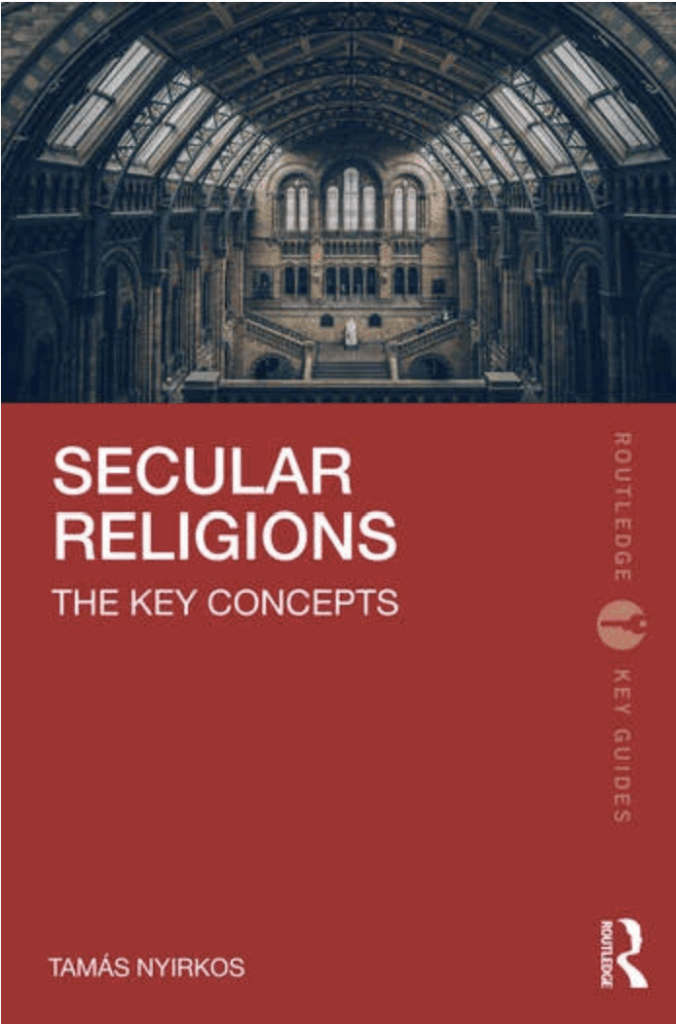The total confusion of “secular” and “religious” religions becomes most obvious when someone criticizes the very idea of secularism (in French, “laïcité“) for its religious bias. As an article on Political Theology suggests, even the Notre Dame of Paris can be called a “secular cathedral“, inasmuch as it symbolizes a sort of “cultural Christianity” that nevertheless remains a religious idea, despite being non-religious. In other words, the cathedral, which – as the less educated observer would think – is an unquestionably religious symbol is not really a religious symbol, but a symbol of something else (a certain cultural and political ideology), while this ideology is indeed religious in the sense of being pro-Catholic. It is indeed impossible to decide what the real problem of the author is: is it that religion thus becomes secular, or that secularism becomes religious? We have all heard the same stories about “politicization” as a pathology of religion, and “religionization” as a pathology of politics. But when both are invoked in the same breath, the two suspicions seem to cancel each other out. If a religion becomes secular by becoming political, but the secular in turn becomes religious by the very same act, the only logical conclusion is that the main objection against this religion is that it remains just as religious as it was before. Which is not only paradoxical to the point of being non-sensical, but also historically absurd. Words like “catho-laïcité” may sound well for an ear trained on postmodern oxymorons, but no Catholic will ever forget how laicism emerged as a primarily anti-Catholic ideology. The confiscation of Church property during the French Revolution, the Civil Constitution of the Clergy in 1790, the de-Christianization campaign, the 1905 law on the separation of the churches and the state, and all similar events are very hard to see as a clandestine cooperation between the French Republic and the Catholic Church; or if it was, it was the most well-hidden conspiracy in the history of church-state relations.
The fact that laicism has since become more tempered and does not nowadays exclude cultural references to the Catholic tradition only proves that religion, culture, and politics are not distinct fields that can be hermetically separated. But this is no new revelation, and those who still think that it is something outrageous should first explain why “cultural Christianity” – which may well be a secular idea – is to be rejected not because it is secular but because it is a religious one.

Feu dans la charpente de Notre Dame photographié depuis le square René Vivani à 19 h 51. (https://commons.wikimedia.org/wiki/File:Incendie_Notre_Dame_de_Paris.jpg)









